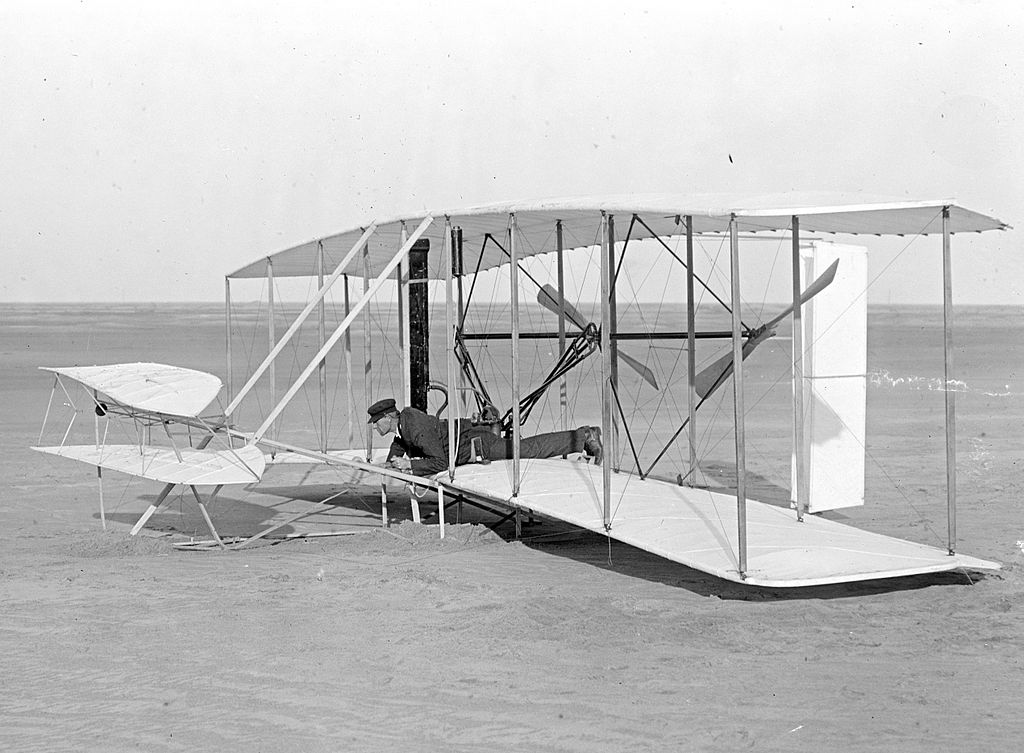The last time I was thoroughly engaged with the Star Trek franchise was The Next Generation television series of the early 90’s. Nothing since has been able to capture my attention for more than a few episodes. Even the movies starring the TNG cast left me wanting.
While I did enjoy the first JJ Abrams reboot of the franchise, I realized the parts I liked were the parts that connected it to the iconic characters of the past and found the alternative timeline device a sort of “easy way out” (albeit commercially understandable) for Hollywood to move in new directions.
As it happens, earlier this year I began re-watching the TNG television series from the start. It’s been enjoyable if not predictable, and comes across somewhat dated in production values. It’s humorous to see them walking around with tablets and talking to the computer in the age of iPads and Alexa. As I reflected on the show and the state of the franchise, I couldn’t help but have a lingering bit of disappointment realizing I’m watching stuff 25 years old.
Then along comes The Orville. Having seen the initial advertisements, I assumed it was a pure comedy and figured I might give it a try sometime but didn’t get too excited about it. Given the amount of plane travel I have to endure these days for work, I’m always on the lookout for good content so one night I thought I’d give it a try.
I have thoroughly enjoyed it.
It’s as if a true Star Trek fan, with a wicked sense of humor and the clout to get something on the air, decided to make their own fan version of show (uh, Seth MacFarlane). It has everything you’d expect, except maybe transporters, and clearly avoids verbatim Star Trek vocabulary (using ‘quantum drive’ for example instead of ‘warp drive’).
The archetypes are there. You can’t have a bridge crew without a logical/unemotional type always questioning or seeking humanity. Update the production values and décor then sprinkle in some lighthearted plot elements and lots of one-liners, and you’ve got the idea.
Now, it’s not perfect. Sometimes the humor is a bit crass. Sometimes the science part of the scifi is a bit dubious even by Star Trek standards, but if you can let go of some minor rough edges, it’s thoroughly enjoyable. Several of the episodes involve the kind of metaphorical science fiction storylines the original series was known for, only updated for modern social concerns.
If you are missing a show that harkens back to the roots of Star Trek and are want a few good laughs along the way, give The Orville a try. Let me know what you think.



